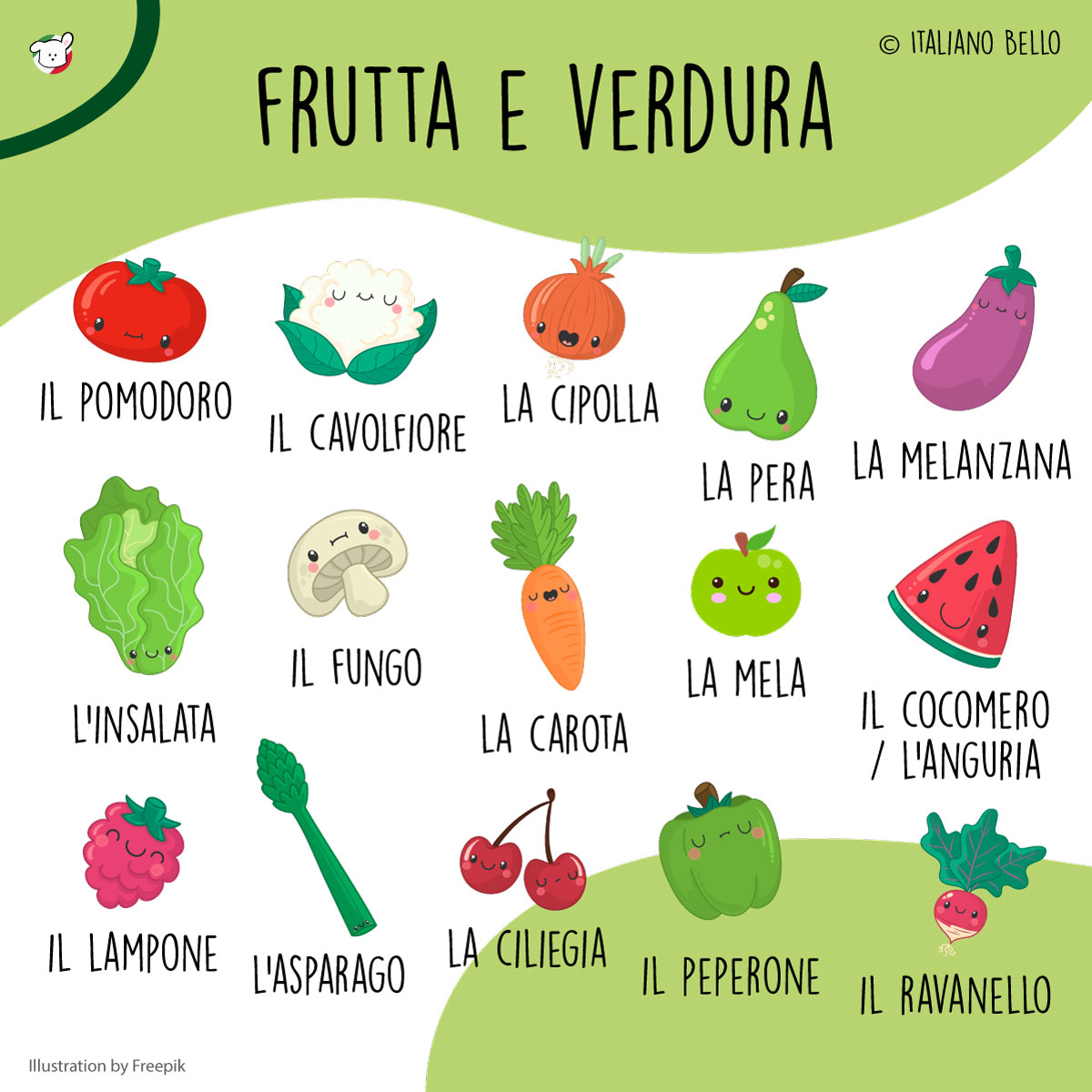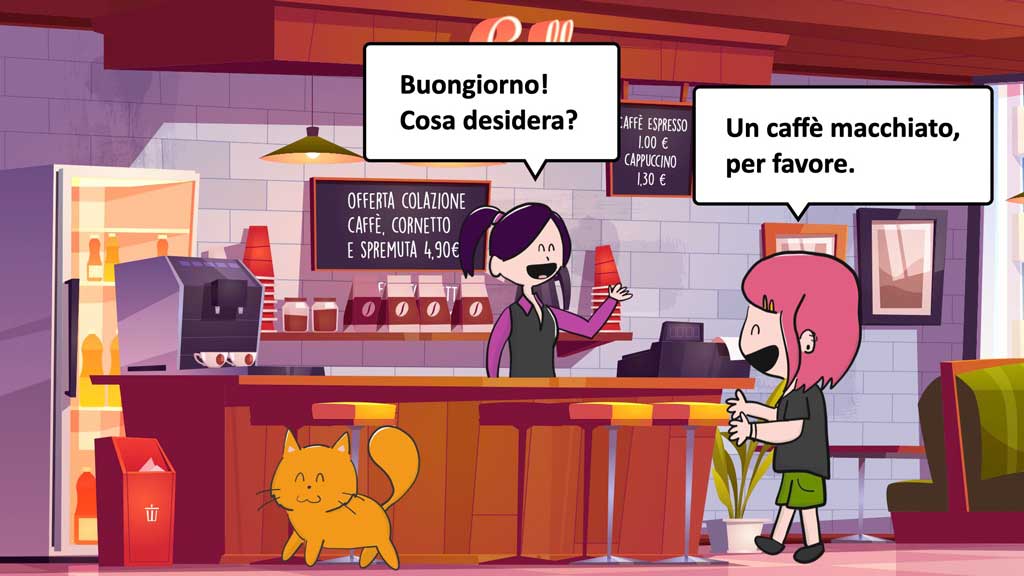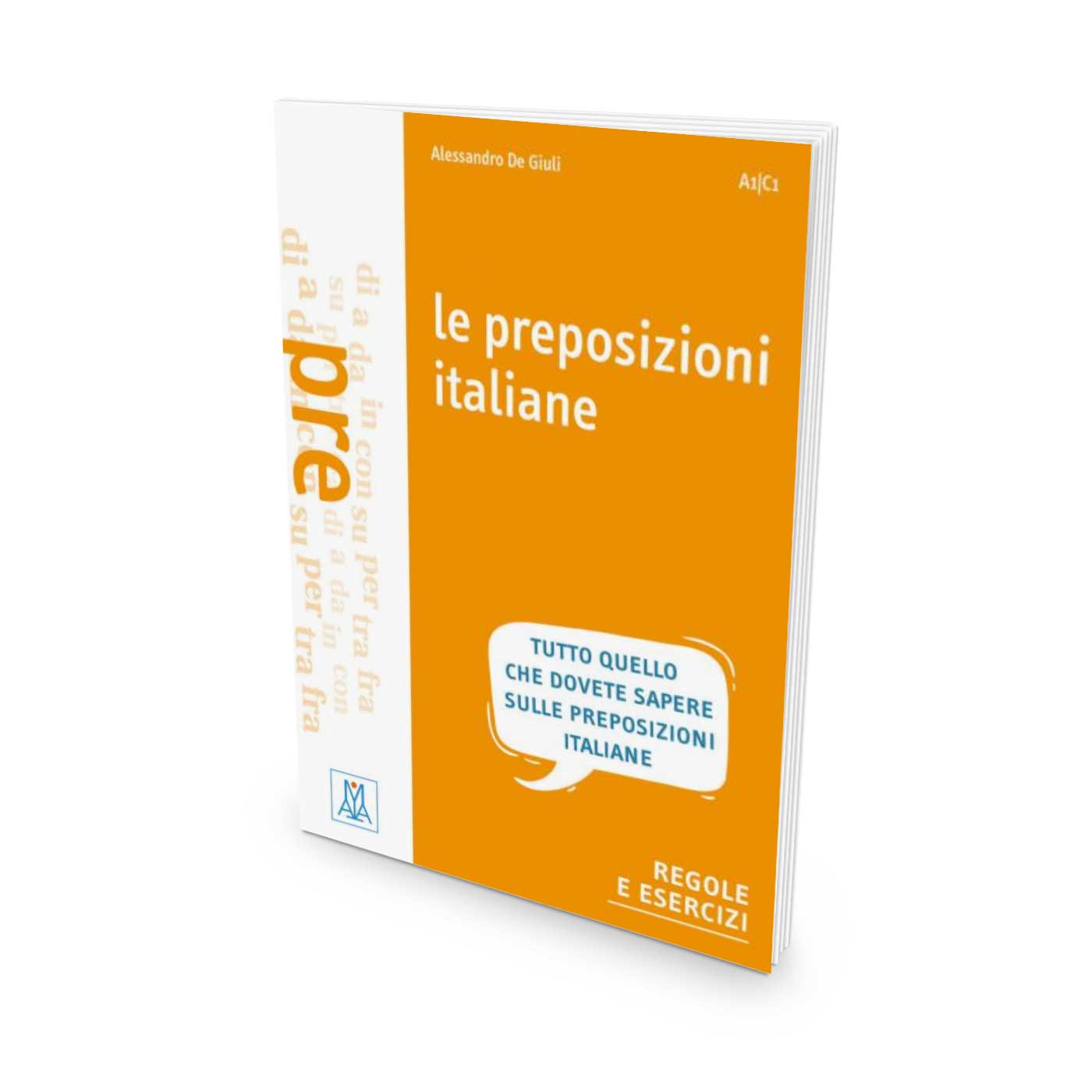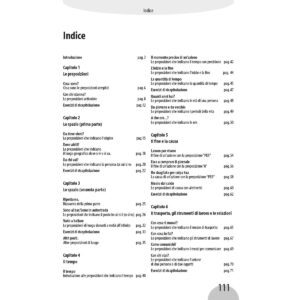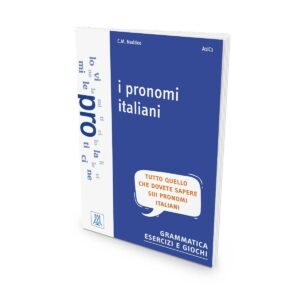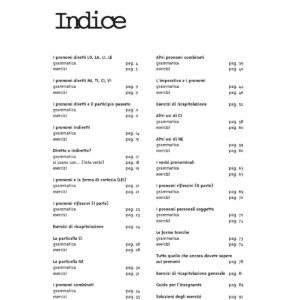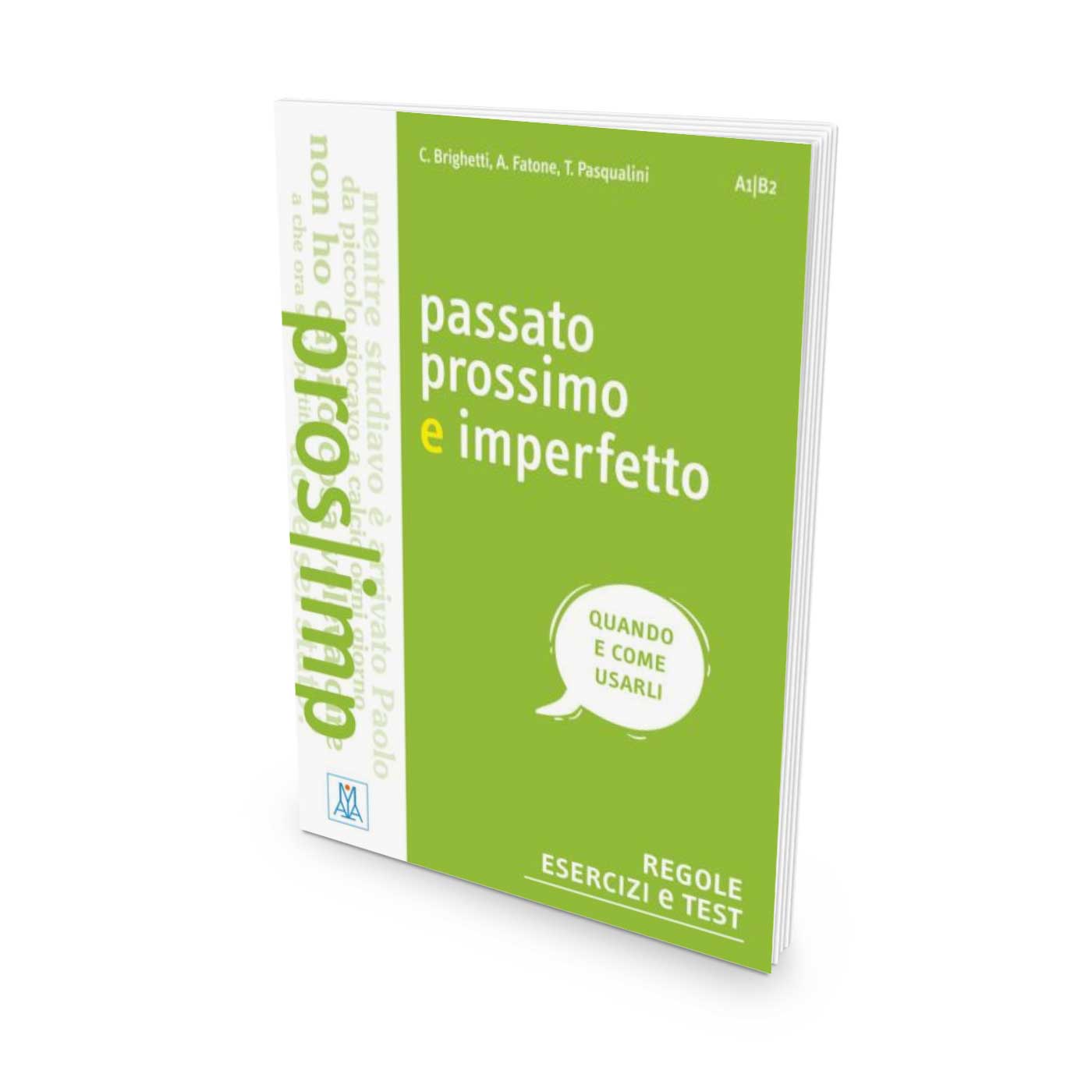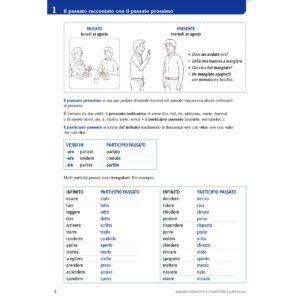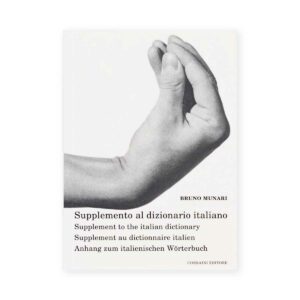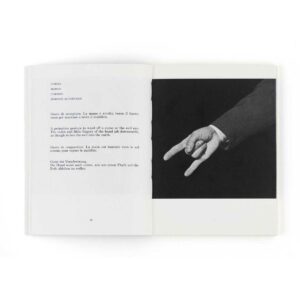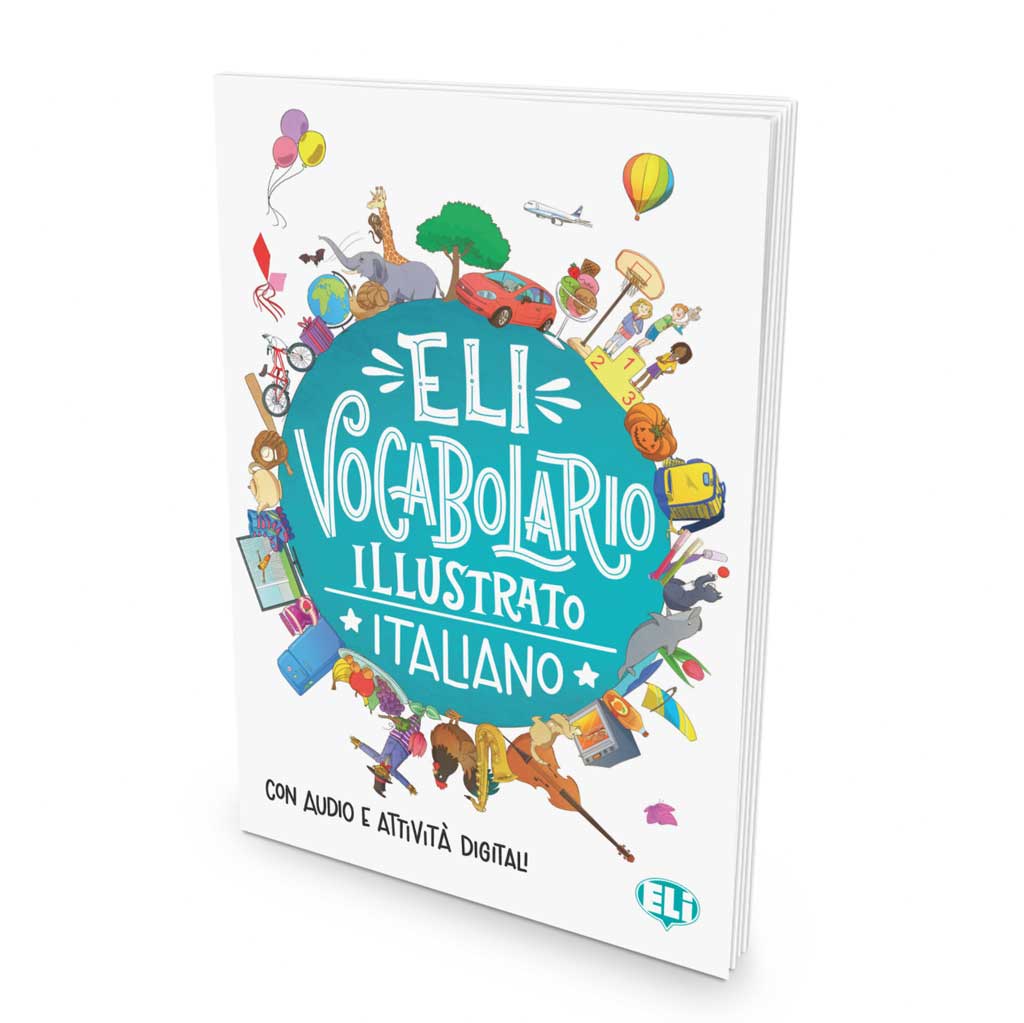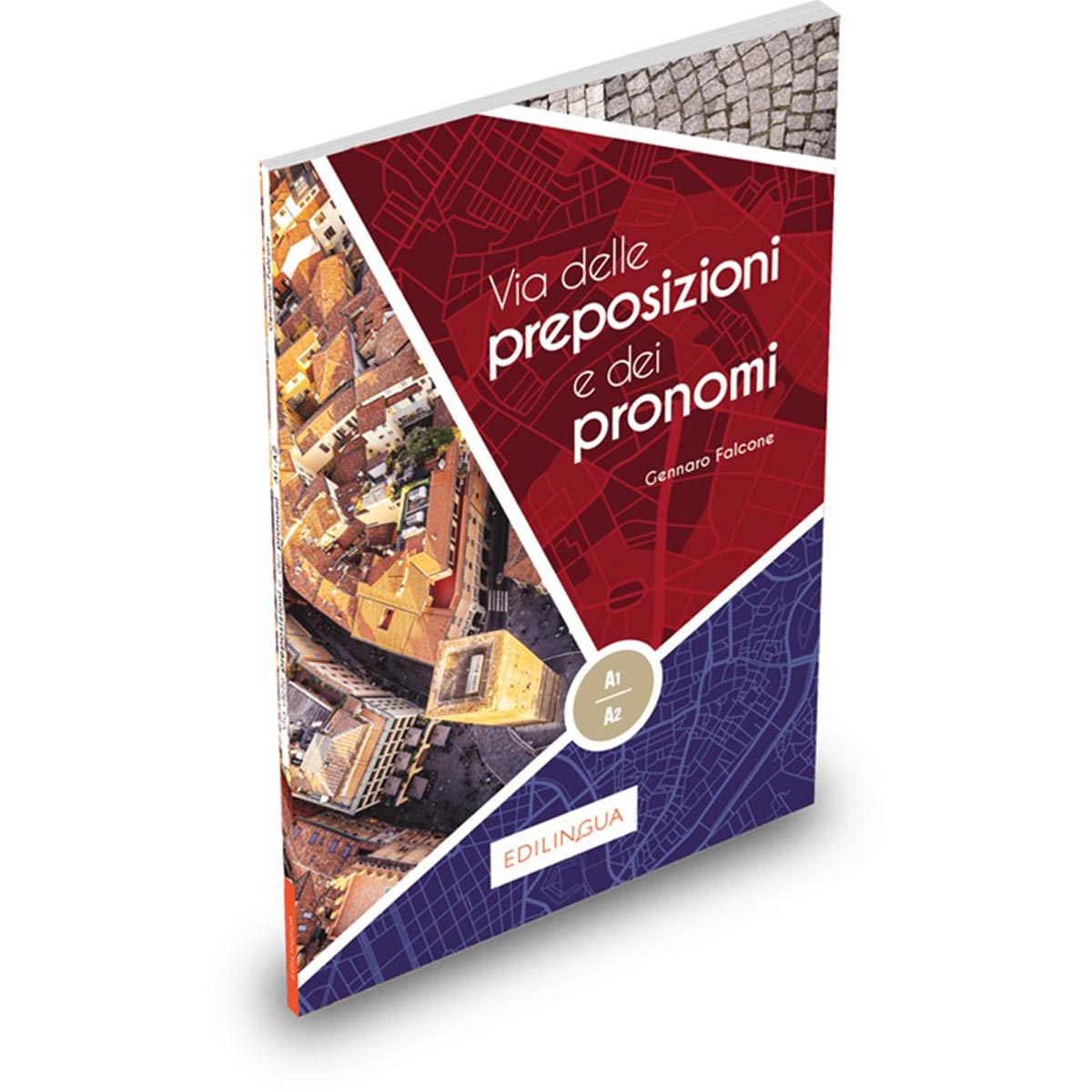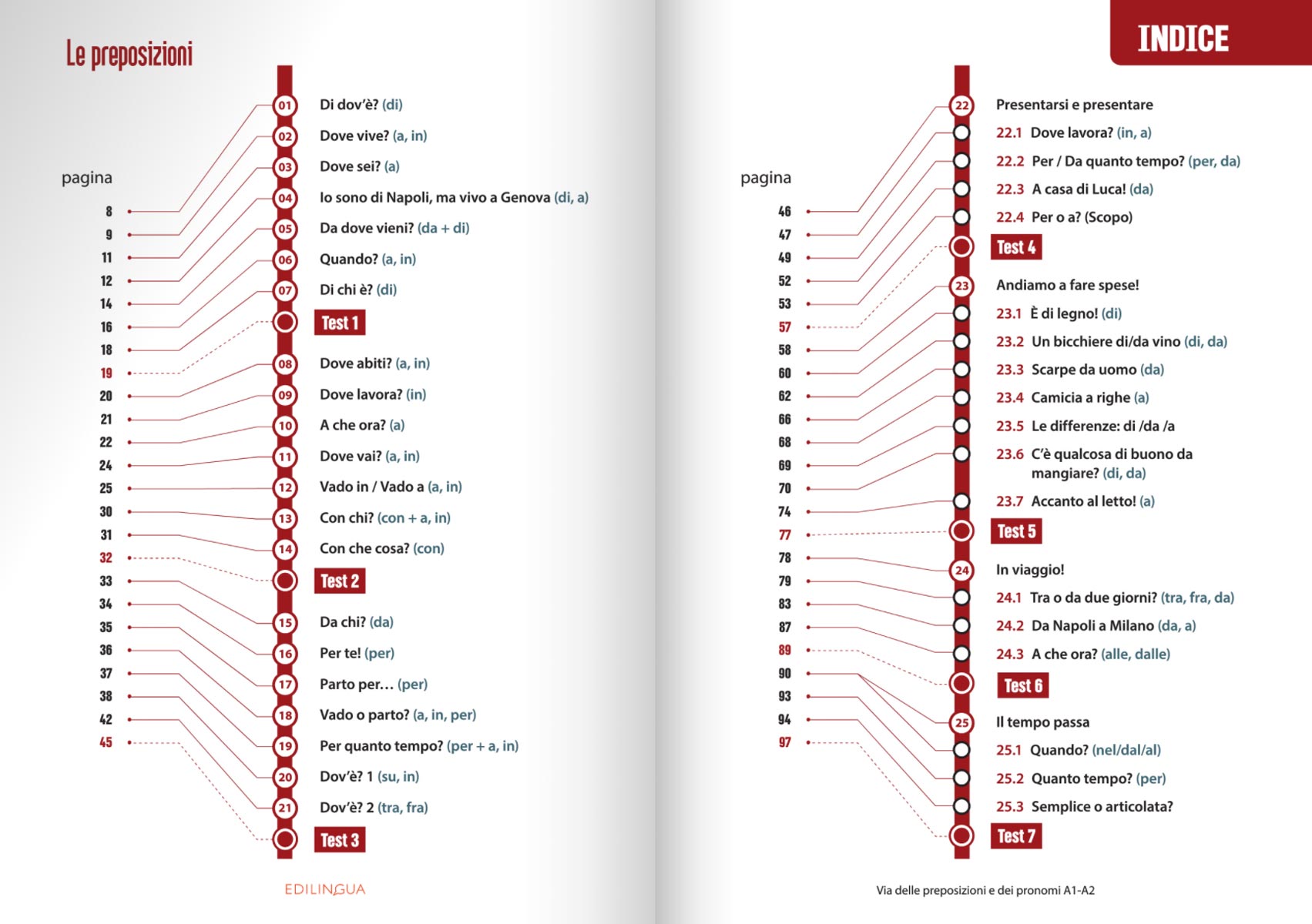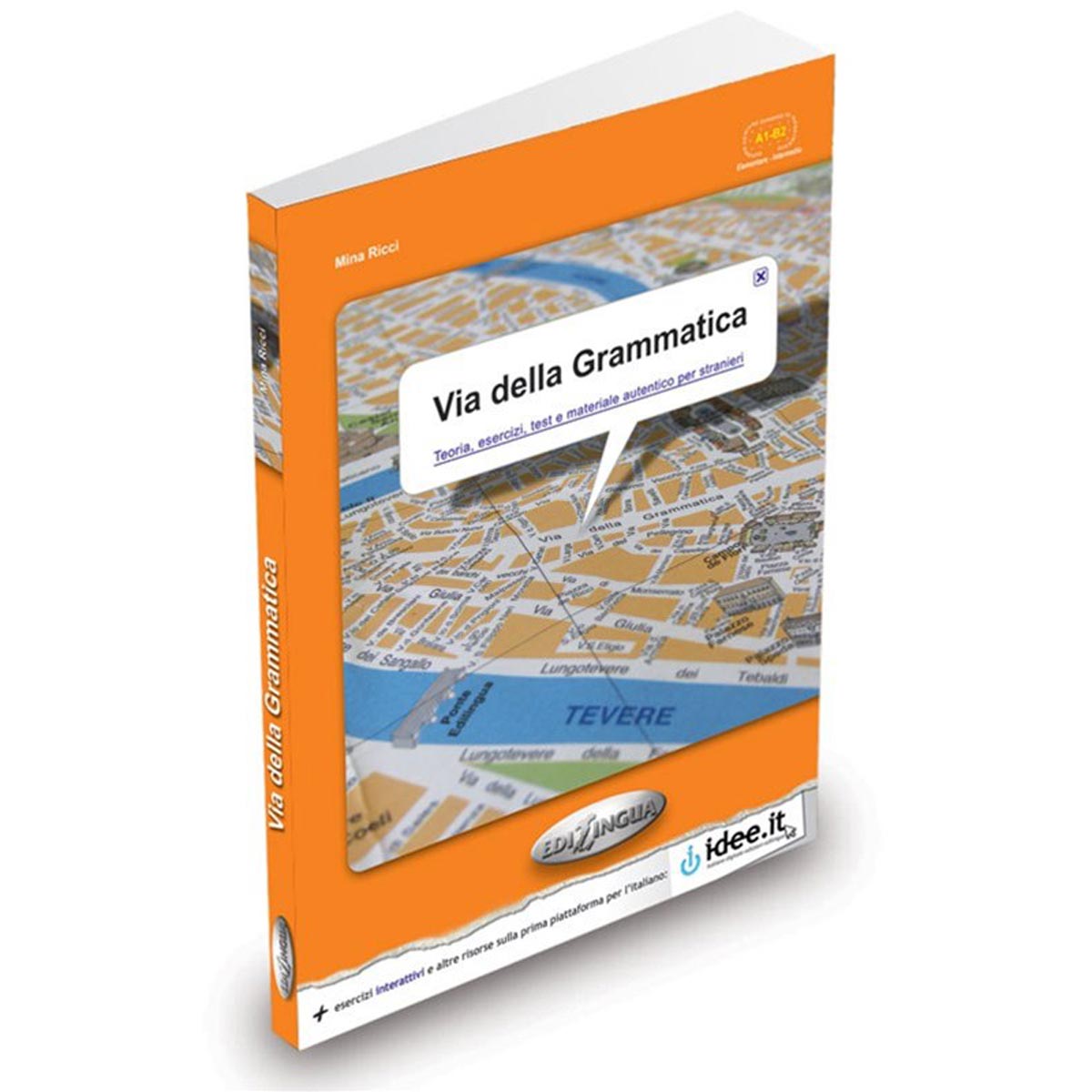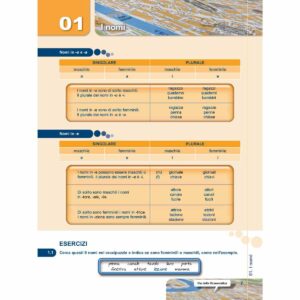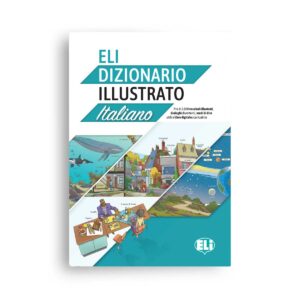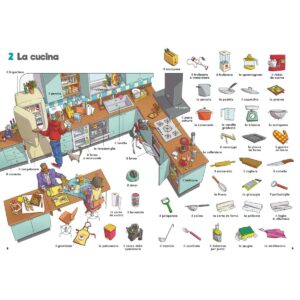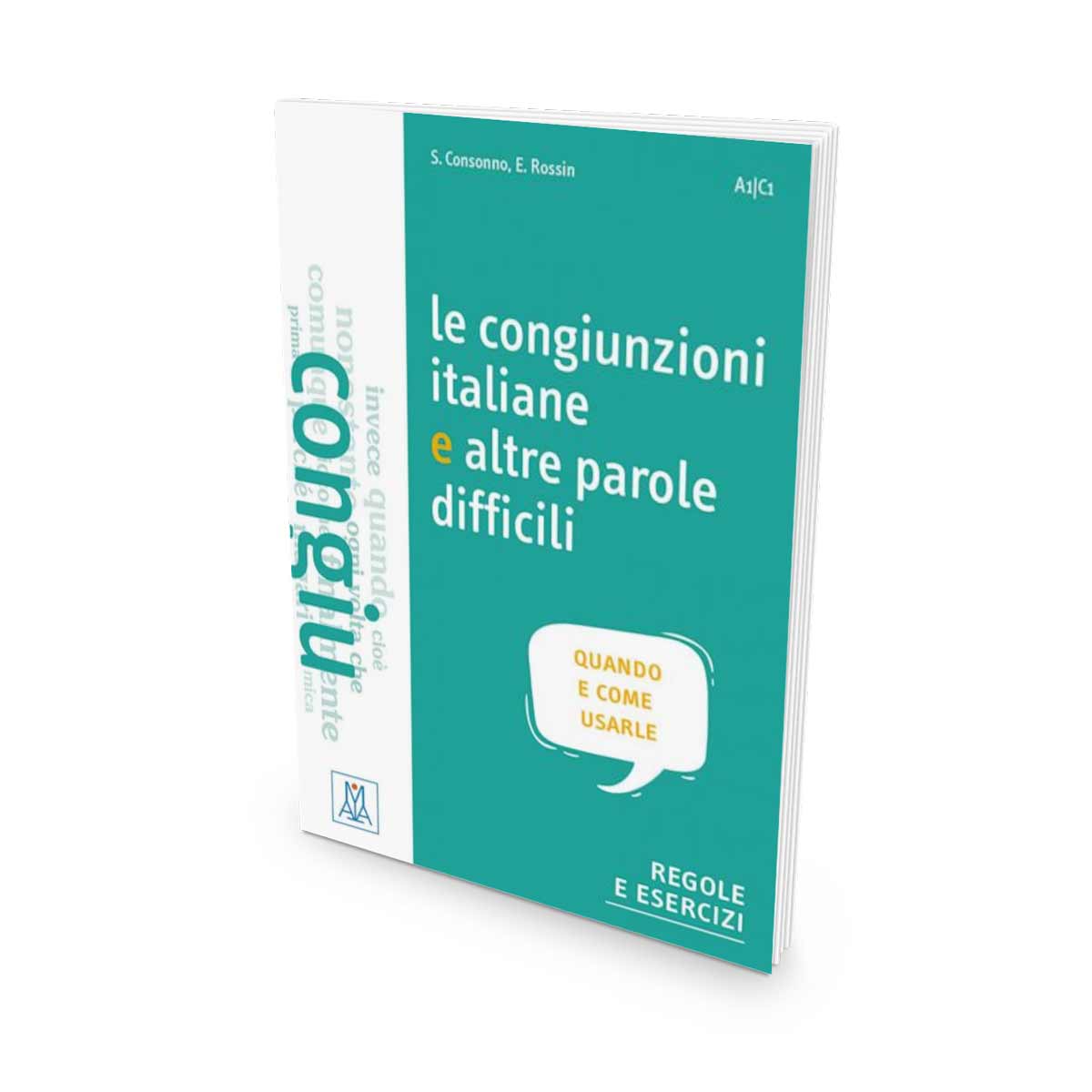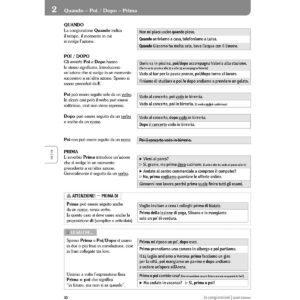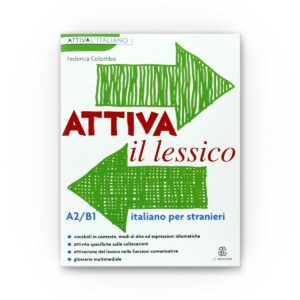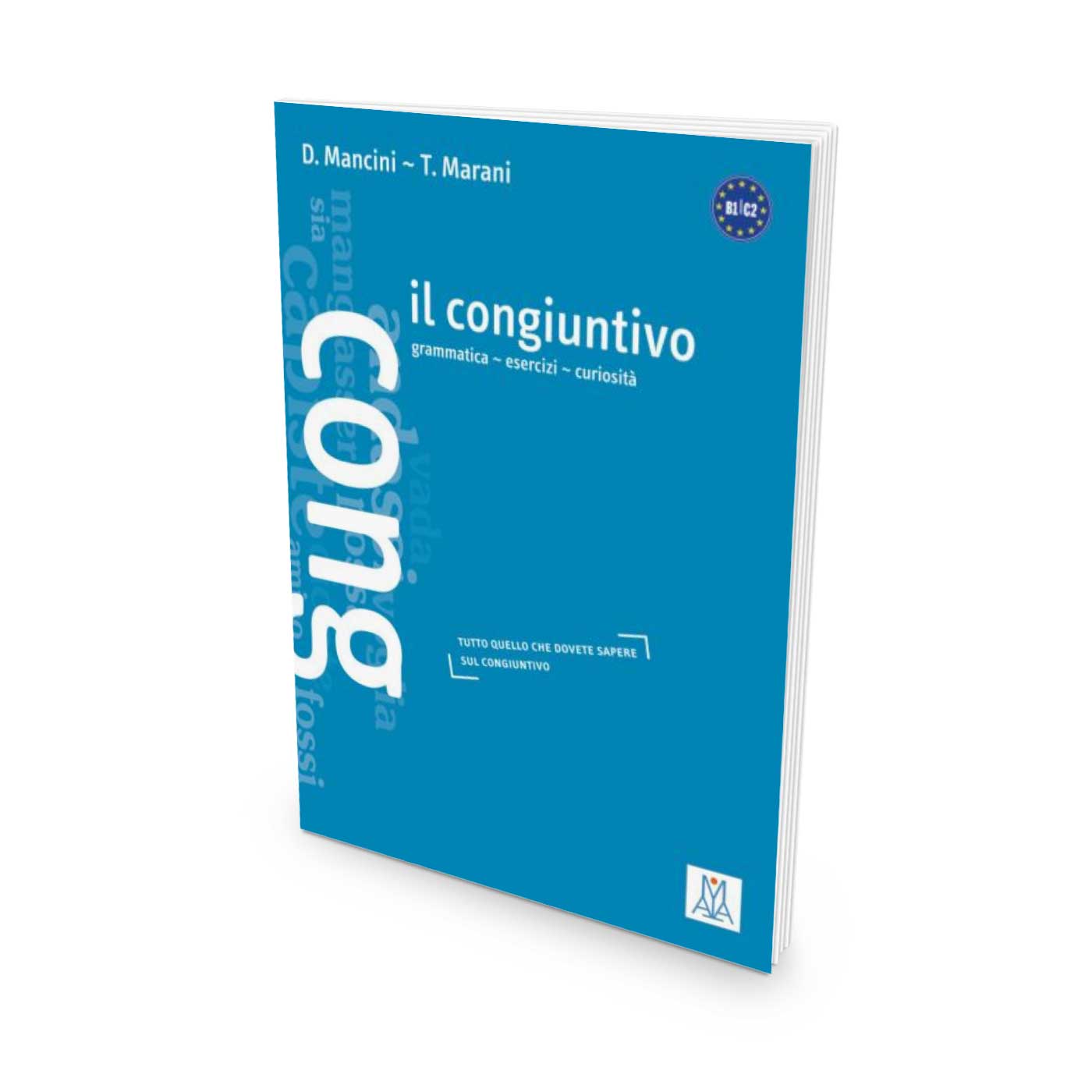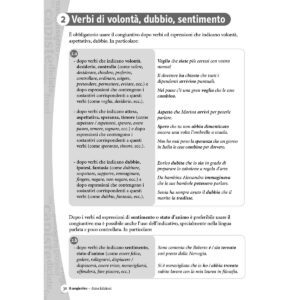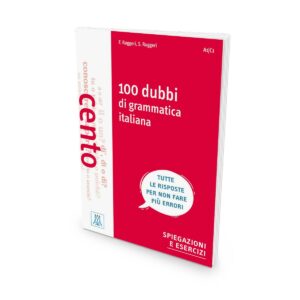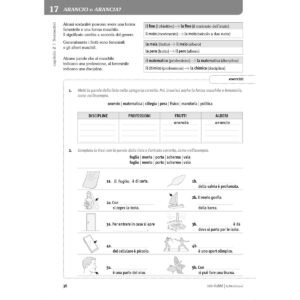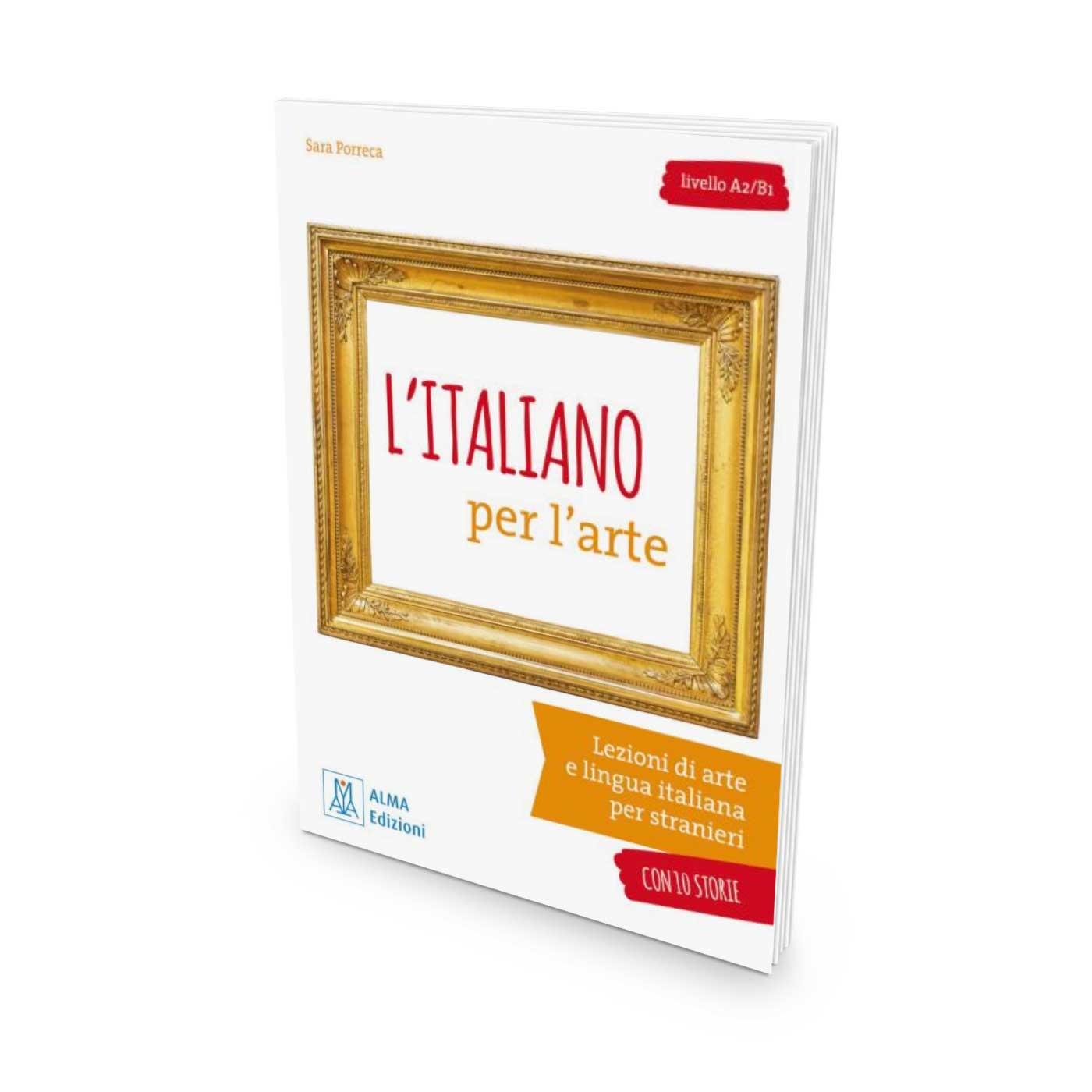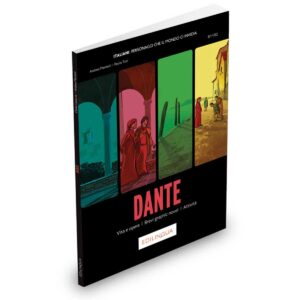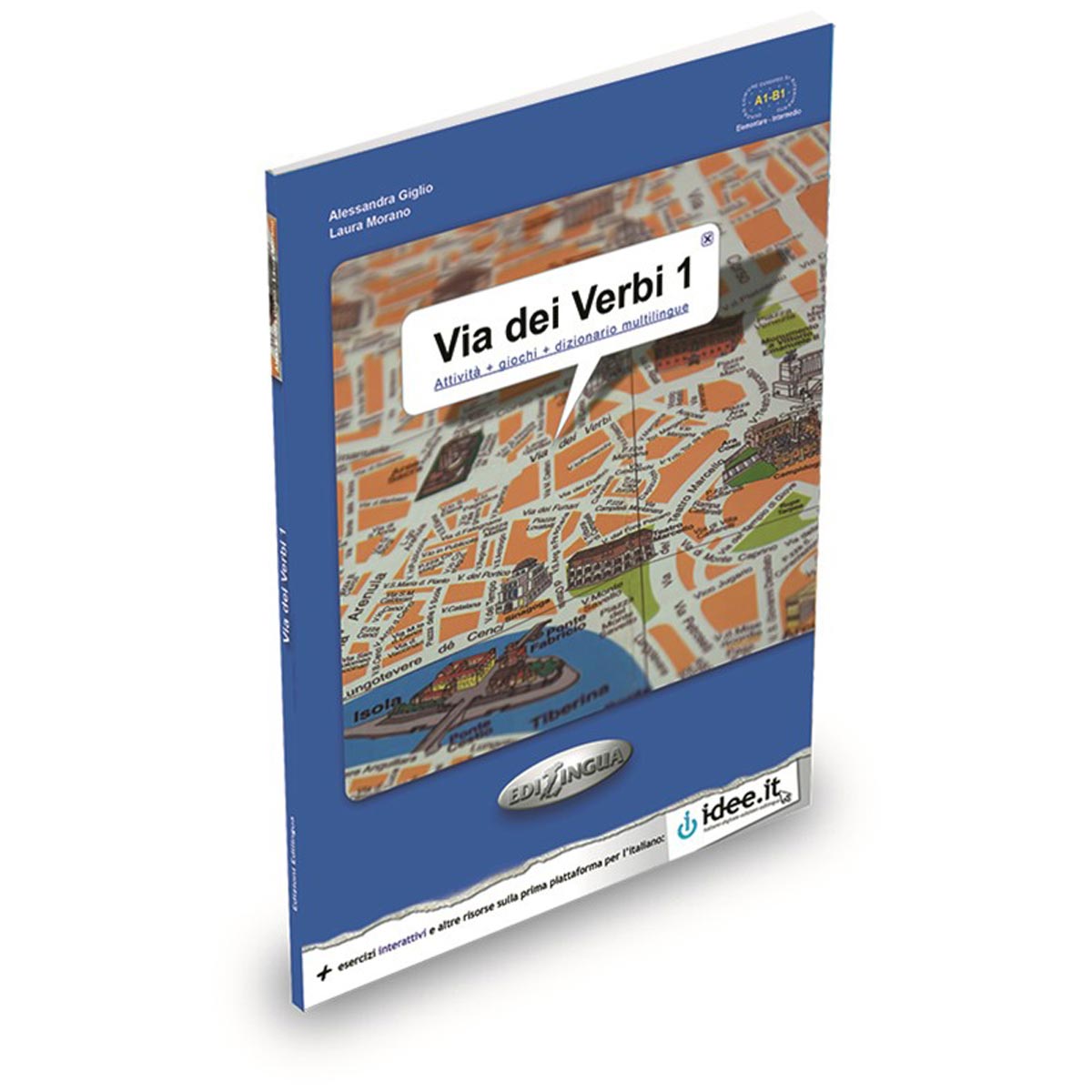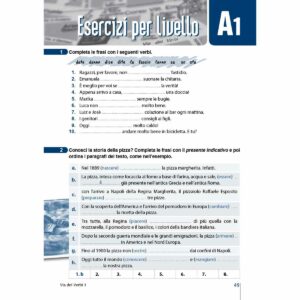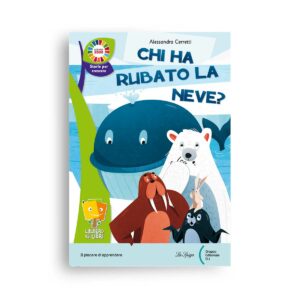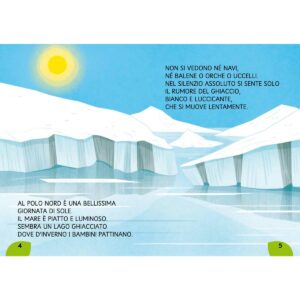Che cosa desidera? How can I help you? Dialogue at the market in Italian.
Dialogue at the market in Italian
Dal fruttivendolo
| Buongiorno! Cosa desidera? | Hello! How can I help you? |
| Vorrei mezzo chilo di pomodori e cinque zucchine. | I would like half a kilo of tomatoes and five zucchini. |
| Altro? | Anything else? |
| Vorrei anche delle arance. | I would also like oranges. |
| Quante ne vuole? | How many would you like? |
| Un chilo, per favore. | One kilo, please. |
| Altro? | Anything else? |
| Sì, una vaschetta di fragole. Ah, e delle pesche. | Yes, a bowl of strawberries. Oh, and peaches. |
| Quante? | How many? |
| Ne vorrei cinque. Anzi no, sette. | I’d like five. No actually, seven. |
| Desidera altro? | Anything else? |
| A posto così, grazie. | That’s all, thank you. |
| Sono 15,50 €. | It makes 15,50 €. |
| Ecco a Lei. | Here you go. |
| Ed ecco il resto. Arrivederci! | And here’s the change. Goodbye! |
| Grazie, arrivederci. | Thank you, bye! |
Useful phrases
Seller
| Cosa desidera? | How can I help you? (literally. What do you wish?) |
| Prego. | Please. (How can I help you?) |
| Altro? / Desidera altro? | Anything else? |
| Quanto/a/i/e ne vuole? | How much do you want? |
| Sono 8 €. | It makes 8 €. |
| Vuole un sacchetto? | Would you like a bag? |
Customer
| Vorrei un chilo di mele. | I would like a kilo of apples. |
| Prendo un chilo di mele. | I’ll take a kilo of apples. |
| Un chilo. | A kilo. |
| Ne vorrei / Ne prendo un chilo. | I’d like / I’ll take a kilo. |
| Avete delle arance?* / Ha delle arance? | Do you have oranges? |
| Mi serve un sacchetto. | I need a bag. |
| Mi dà un sacchetto, per favore? | Can I have a bag, please? |
| A posto così. | That’s all. |
| Ecco a Lei. | Here you go. |
*Voi or Lei?
With voi you address several people, with lei only one.
Voi is also popularly used when asking someone in a store, hotel or restaurant a question about products or services. The idea behind this is to ask if the business, and therefore a ‘group of people’, has the product or service, rather than the individual salesperson.
Partitive article
Vorrei delle arance.
To indicate an indefinite quantity of something, you use the partitive article.
| DI + | i pomodori | dei pomodori |
| gli spinaci | degli spinaci | |
| le mele | delle mele |
Learn more in our lesson on the partitive article
NE
Quante ne vuole? Ne vorrei cinque.
With quantities, ne comes into play. Ne is always added when you omit the thing whose quantity you specify.
| Vorrei due mele. | Ne vorrei due. | Di cosa? Di mele. | |
| I would like two apples. | I would like two. | Of what? Of apples. |
Quanto?
Quanto must be adjusted to gender and number.
| singolare | plurale | |
| maschile | quanto | quanti |
| femminile | quanta | quante |
Vocabulary
Impara di più!
Dove? In città • Where? In the city (with prepositions)
al ristorante, in farmacia, in centro,…
Our Italian course
Learn Italian step by step with clear lessons, fun videos, stories and many exercises. All free of charge!
Learn and practice more
Our bestsellers to learn, practice and review Italian grammar and vocabulary.
Le preposizioni italiane A1-C1
Un eserciziario facile e completo interamente dedicato allo studio delle preposizioni italiane.
I pronomi italiani A1-C1
Grammar book with exercises that explains in a simple and basic way the use of pronouns in Italian.
Passato prossimo e imperfetto A1-B2
When to use Passato Prossimo and when Imperfetto?
Supplemento al dizionario italiano – Supplement to the Italian dictionary
The most accurate documentation possible for the use of Italian gestures as a supplement to the Italian dictionary in no less than 4 languages!
Vocabolario illustrato (A1/A2)
Colorato, moderno e intuitivo, il Vocabolario illustrato ELI è lo strumento ideale per imparare o consolidare il vocabolario di base della lingua italiana.
Via delle preposizioni e dei pronomi A1-A2
Si rivolge ad adolescenti e adulti, principianti o falsi principianti, che studiano la lingua in Italia o all’estero e che desiderano acquisire o approfondire l’uso delle preposizioni e dei pronomi italiani.
> Specimen
Via della Grammatica A1-B2
Via della Grammatica è una grammatica pratica ed essenziale, a colori, di 40 unità, ognuna delle quali affronta uno o più argomenti grammaticali seguiti da attività stimolanti e divertenti. Ogni 5 unità segue un test di revisione e di autovalutazione.
Dizionario illustrato (A2-B2)
Dizionario illustrato colorato e di facile consultazione con più di 2.000 parole in 35 situazioni tematiche.
Le congiunzioni e altre parole difficili A1-C1
A rich, simple, and complete workbook devoted entirely to the study of Italian conjunctions and other difficult words.
Attiva il lessico (A2/B1)
Attività per ripassare, consolidare e arricchire le conoscenze lessicali
100 dubbi di grammatica italiana A1-C1
Il o un? Di o da? Ha piovuto o è piovuto?
